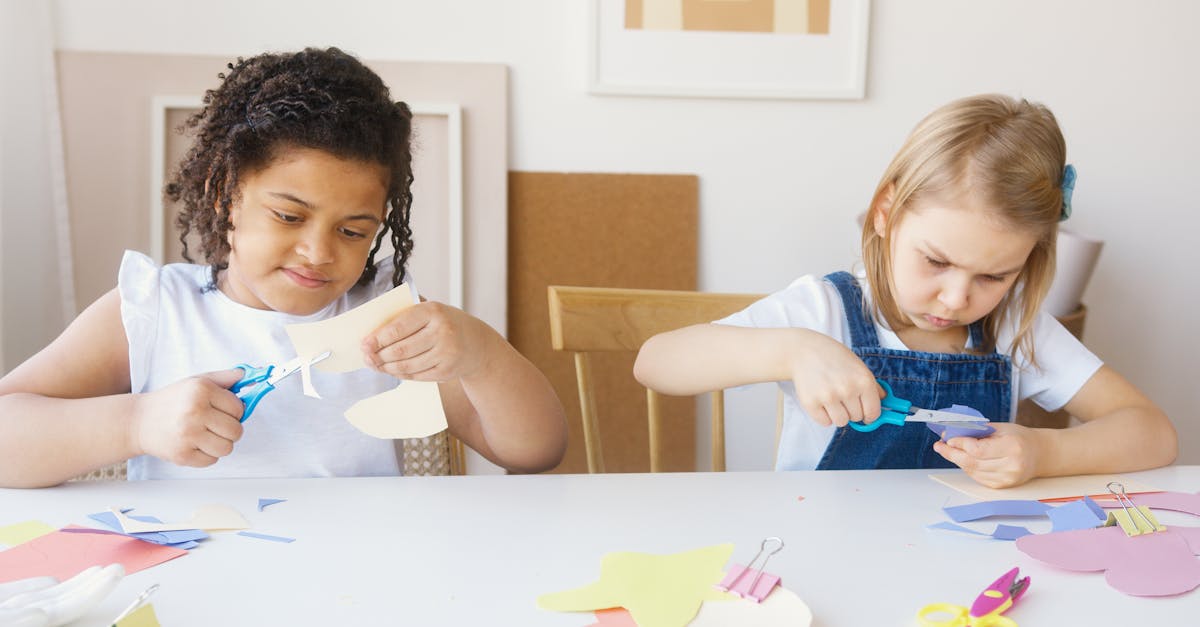Understanding Piaget’s Stages
Think of Jean Piaget as the scientist of baby brains. He believed children move through four stages of cognitive development.
- **Sensorimotor Stage** (Birth to 2 years): Children experience the world through senses and actions like grabbing, tasting, and making messes.
- **Preoperational Stage** (2-7 years): Kids start using language and imagination.
- **Concrete Operational Stage** (7-11 years): Children become rule-followers.
- **Formal Operational Stage** (12+ years): Start thinking abstractly.
Understanding these stages helps you set appropriate expectations.

Erikson’s Psychosocial Stages
Erik Erikson added a unique twist to development by focusing on social and emotional growth through eight stages. For new parents, the trust vs. mistrust stage (birth to 18 months) is crucial. Babies need to feel safe and cared for to develop trust in the world. Later, they tackle autonomy vs. shame (1-3 years) as they strive for independence. Keep these stages in mind to foster their emotional well-being.

Understanding these psychosocial stages can help parents provide the necessary support and guidance to ensure healthy development in children.
Freud’s Psychoanalytic Theory
Sigmund Freud had a lot to say about early childhood too. He proposed five psychosexual stages. In the oral stage (0-1 year), babies explore with their mouths—think biting and sucking. The anal stage (1-3 years) brings potty training adventures. Each stage presents unique challenges and achievements that shape their personality. While some theories may seem dated, understanding these stages can provide insight into your child’s behaviors.

Vygotsky’s Sociocultural Theory
Lev Vygotsky emphasized the role of social interactions in learning. He believed that children learn best when they interact with others. His concept of the Zone of Proximal Development (ZPD) is like a sweet spot for learning—tasks that are just beyond a child’s capability but achievable with help.
So, next time you’re reading a bedtime story or solving puzzles together, remember you’re boosting their development significantly.

Bowlby’s Attachment Theory
John Bowlby’s attachment theory highlights the importance of emotional bonds. Secure attachment forms when babies feel consistently loved and attended to. This emotional base allows them to explore the world confidently.
If you’re tackling tantrums or sleep regressions, remind yourself that the secure relationship you build now is like emotional armor they’ll wear for life.

Practical Tips and Emotional Support
Parenting is no walk in the park—it’s more like a marathon with superhero obstacles. Remember to take it one day at a time. Celebrate small wins and laugh off the messes. Reach out to other parents for advice and camaraderie. Take breaks, practice self-care, and remember: it’s okay to ask for help.
Post a funny parenting story in the comments. Sharing it might just make another parent’s day better!

